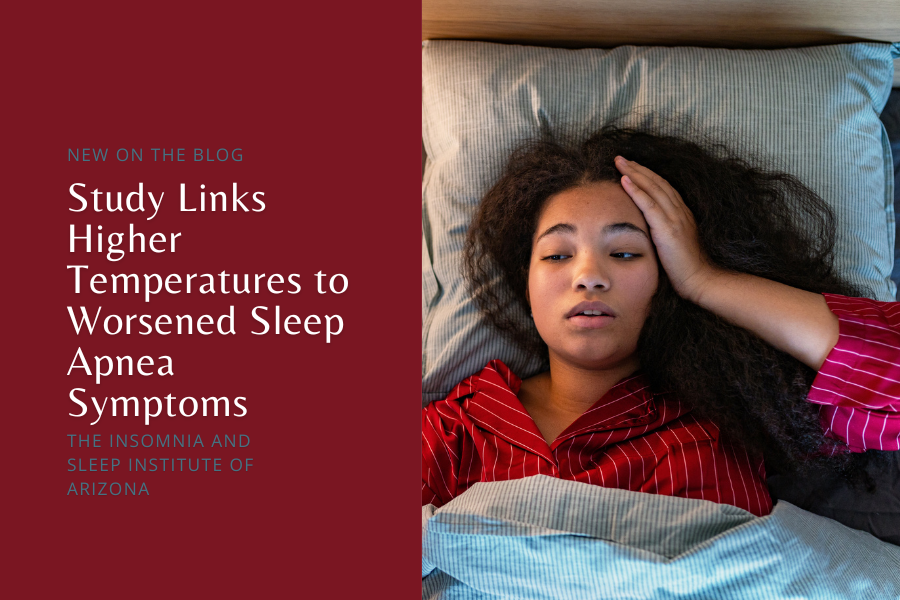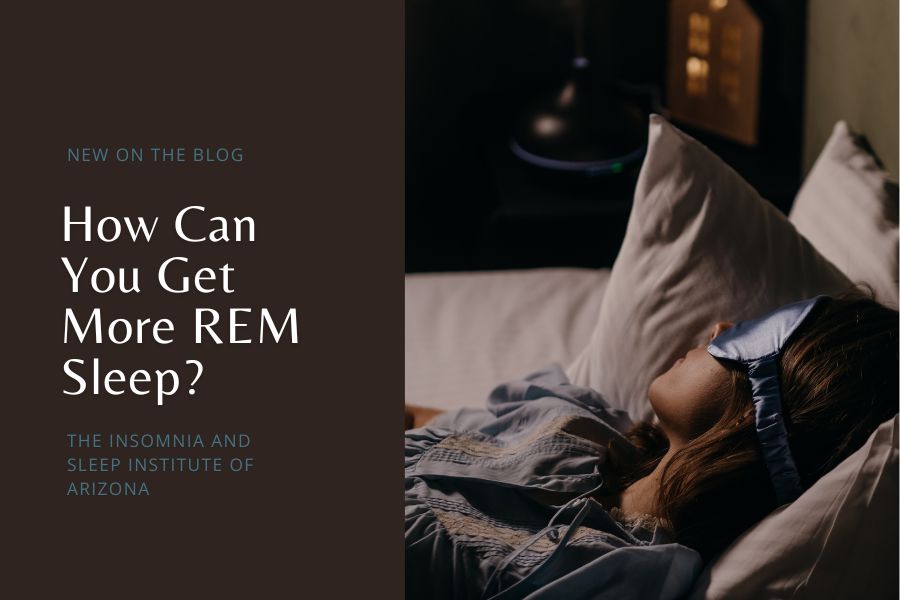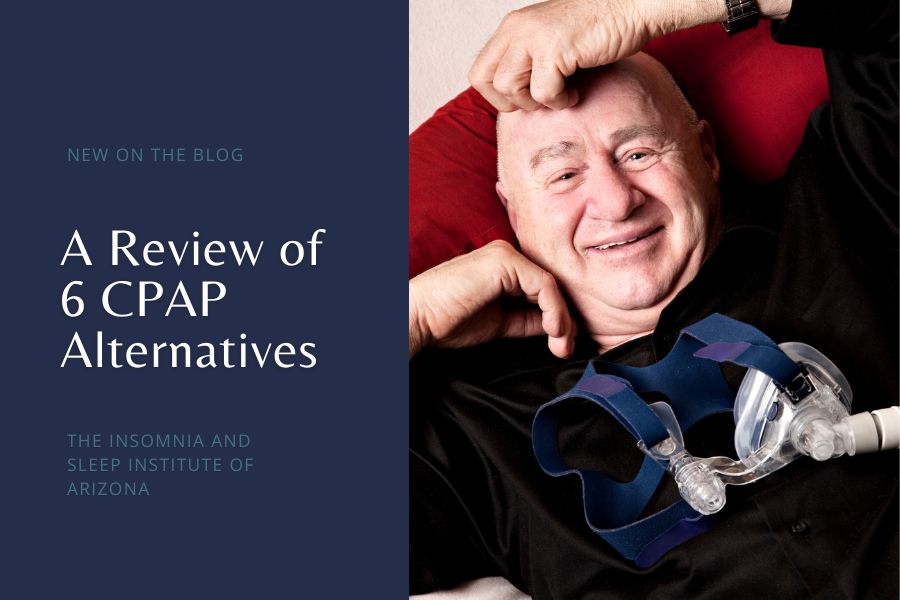A recent study has shown that cognitive behavioral therapy for insomnia (CBT-I) is indeed a great tool for treating female veterans struggling with PTSD and insomnia. The Insomnia and Sleep Institute of Arizona treats all types of sleep disorders, including insomnia. We work with patients as young as two years old in our outcome-driven clinic, and are proud to set the standard for sleep medicine in Arizona. With unprecedented staffing levels including clinical psychologists focused on CBT-I, the answer to your sleep disorders begins with a correct diagnosis. That’s why every consultation at The Insomnia and Sleep Institute is with a sleep expert who can diagnose disorders.
It is unsurprising that women with suspected PTSD (such as veterans) experience higher rates of insomnia, anxiety, depression, and have more nightmares each week. Research recently published in Women’s Health Issues highlights how female veterans with probable PTSD and insomnia can enjoy improvement in symptoms of insomnia—as well as a higher quality of life and mental health—with CBT-I. CBT-I for insomnia, or CBT-I, has previously been shown to be highly effective in treating male veterans. However, researchers were curious how the therapy fared with women patients.
CBT-I by the Numbers
A secondary analysis included 73 female vets who were directed to undergo CBT-I. The participants were assigned 5 weekly hour-long sessions related to CBT-I exercises, sleep restriction, sleep hygiene, and relaxation techniques. The outcomes were tracked via a wrist actigraph as well as a sleep diary. In terms of PTSD assessment, the PTSD checklist in the Diagnostic and Statistical Manual of Mental Health Disorders (5th ed.) was the primary diagnostic tool.
Participant mean average age was 48.01 and the majority were white (41.1 percent) while 36.9 percent were Black. Most were heterosexual at 76.47 percent, 44.12 percent were married, and 53.42 percent were employed. In total, 30 had “probable PTSD.” Those with this diagnosis also had higher insomnia scores, depression scores, anxiety scores, PTSD score, and lower mental and physical quality of life scores. Three months after treatment, those with and without probable PTSD achieved “significant improvements to insomnia total scores, sleep quality, daily sleep efficiency, diary total sleep time, depression, anxiety, and mental quality of life” according to researchers. There was also a decrease in nightmares per week. However, none of the participants had any significant change in physical quality of life.
Group Comparison for Insomnia
Researchers found “significant changes” to the PTSD symptoms at the three-month mark. However, it is stressed that findings should be considered “exploratory.” It is the very first study to consider CBT-I amongst female veterans. Much more data will need to be collected before making any concrete conclusions. Researchers say, “Our present results suggest that sleep duration may contribute to cognitive function, and future studies should include objective sleep measurements and focus on the potential cognitive benefits of improving sleep to further elucidate this association.”
If you have insomnia, many factors may contribute to it. It is critical to exclusively work with sleep experts who can correctly diagnose, test, and treat your sleep disorder. CBT-I can be an excellent tool for many sleep disorders, but it can also be just one of many approaches. If you suspect you have a sleep disorder, or that your child does, help is available.
Insomnia and other sleep disorders can affect every facet of your life. If not caught and treated early, the consequences can be dire and even fatal. Sleep disorders are linked to a variety of comorbidities. Sleep is an essential function of our lives, and disrupted sleep on a routine basis should not be accepted. Schedule your consultation with a sleep expert at The Insomnia and Sleep Institute today by calling the office or by completing the online form.








